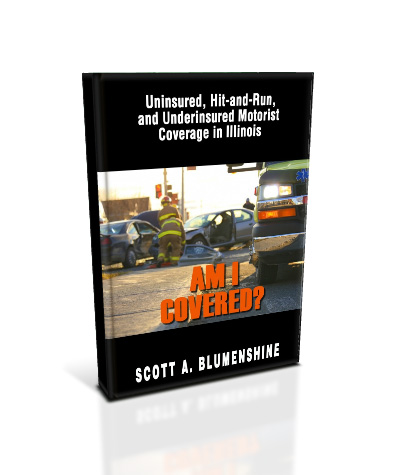There are approximately 15,700 nursing homes in the United States with spaces for 1.7 million residents. Illinois has room for 94,194 patients in its 764 certified nursing homes. Deciding that you need one of these facilities for you or a loved one is difficult. The task becomes more daunting when you discover the number of injuries that occur every year to nursing home residents.
The National Center on Elder Abuse (NCEA) interviewed 2,000 nursing home residents across the country. The residents were asked about the care they received and whether or not they had ever been abused or neglected. An alarming 95 percent reported they had either been neglected or witnessed another patient being neglected while 44 percent said they had themselves been abused.
Injuries Due to Negligence
Nursing homes have a duty to provide food, shelter, medications and proper hygiene for those entrusted to their care. Some examples of injuries that are, unfortunately, often suffered by nursing home patients due to the negligence of their caregivers include:
- Pressure sores: The staff does not provide proper assistance with personal hygiene to those who need it. As a result, patients may be left lying in their own urine or feces for extended periods of time. This is a major cause of bed sores (decubitus ulcers) which then become infected and can even result in the patient’s death.
- Sepsis: Nursing home residents, particularly those with weakened immune systems or pre-existing medical conditions, are at an increased risk of developing sepsis.
- Malnutrition and dehydration: Food is not properly prepared or even withheld leading to malnutrition. Water may be out of reach for hours and hours, leading to dehydration.
- Falls: Patients are not protected from safety hazards and injure themselves by tripping over debris in the hallway or by falling out of bed. Chairs tip over. Residents fall because lighting is not adequate and they cannot see where they are going.
- Medication errors: Medications are withheld, given in improper doses or given erratically.
- Inadequate health care: Physicians are not notified of patients' health problems causing them to suffer needlessly by not having proper medical care.
- Restraint injuries: Arms and legs are injured when restraints are applied unreasonably or too tightly.
- Injuries by another resident: One patient may physically injure another one due to inadequate security.
Physical and Emotional Injuries Due to Intentional Conduct
In the NCEA study, nursing home staff were also interviewed. Nearly 50 percent admitted that they had abused or neglected residents in the one year period prior to their interviews. A separate survey conducted several years ago documented that 17 percent of certified nursing assistants (CNAs) admitted they had physically abused a nursing home patient by either pushing, grabbing or shoving them.
More than 50 percent of the CNAs said they had yelled at a patient and nearly one fourth of them admitted they had insulted residents and sworn at them. Yelling, intimidating, isolating, ignoring or threatening are all considered emotional abuse and may cause the resident an emotional injury.
Grounds for a Nursing Home Personal Injury Lawsuit
There are a number of grounds for which a nursing home can be held liable for a resident’s injuries and required to pay damages. For example, claims can be made that the nursing home was negligent in one or more of the following ways.
- Failed to properly train its staff.
- Failed to do proper background checks on potential staff and was negligent in its hiring practices.
- Did not provide proper supervision or monitoring of its staff.
- Did not provide adequate security.
- Failed to provide adequate physical and medical care.
- Did not provide required protection from safety hazards.
- Was negligent in the application of physical restraints.
- Failed to protect patients from intentional abuse of its employees.
Even though it seems straightforward, and you expect that if you or your loved was injured in a nursing home, collecting damages will be easy. Actually, nursing home negligence may be difficult to prove. Not all injuries are the result of negligence. Elderly people do occasionally fall down even in the best of circumstances. What may seem like an unreasonable restraint may have some justification.
If you have a loved one who was injured in a nursing home incident, you need the services of experienced nursing home lawyers. Contact us at the Blumenshine Law Group to schedule a free consultation. We will review the circumstances and advise you on what we believe you should do next. If the facts support it, we will file a personal injury lawsuit as well as report the negligence to the proper state licensing board. Call us (312)766-1000 or email [email protected] as soon as possible so we can take appropriate action.


